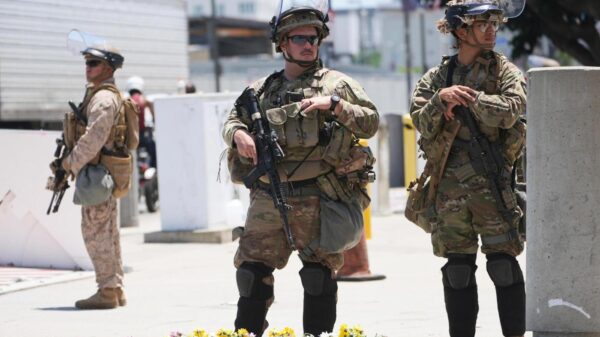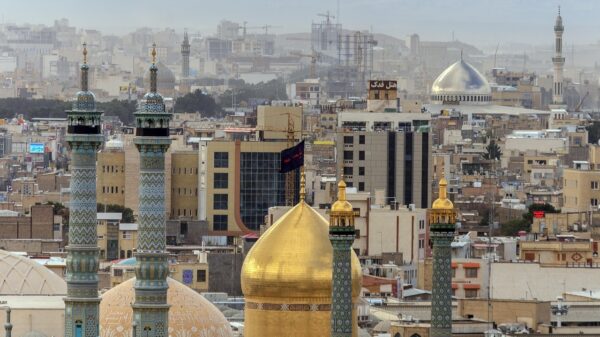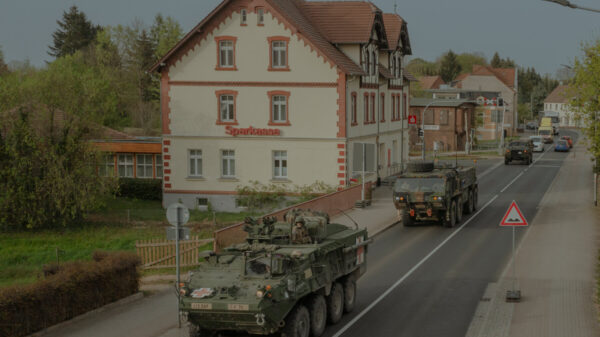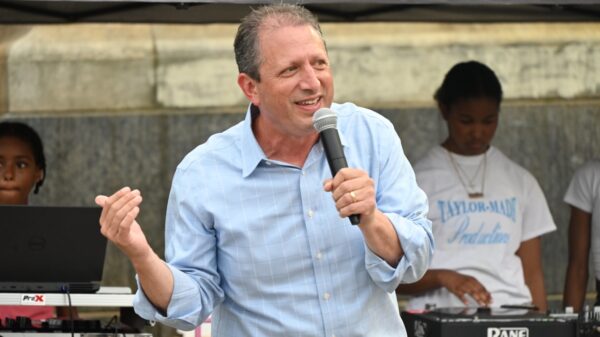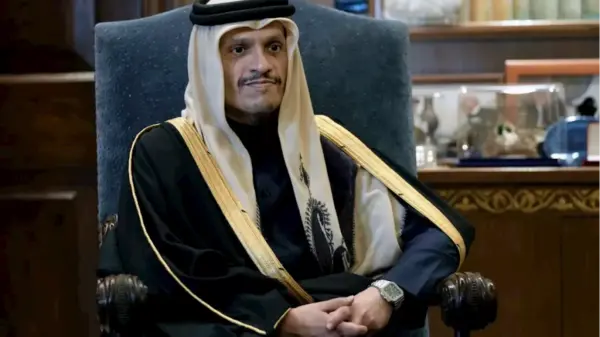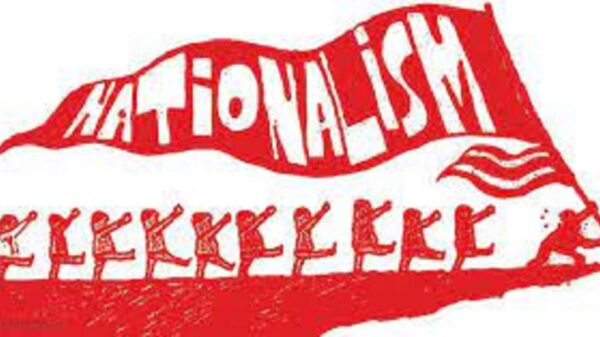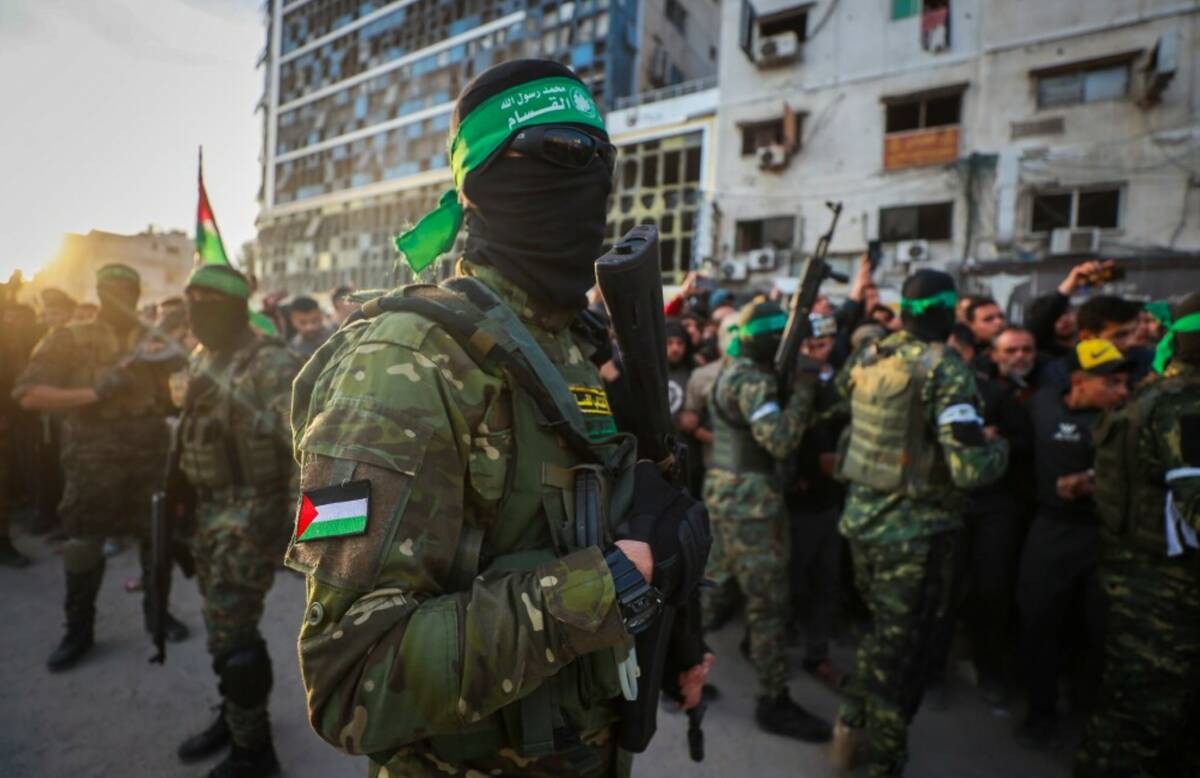Turkey has informed mediators that it has reestablished communication with two additional terrorist groups holding Israeli hostages in the Gaza Strip. This development follows a period during which contact with two of the four groups was absent. According to a source familiar with the situation, these groups are currently demanding various guarantees related to their members’ safety and immunity from potential Israeli retaliation.
Each of the four groups holding hostages has distinct demands, reflecting their individual interpretations of the conflict’s outcomes. One of the groups is affiliated with the Palestinian Islamic Jihad. Reports indicate that most of the terrorists involved are perceived as less extreme than the previous Hamas leadership, which has largely been dismantled during the ongoing conflict. These groups are reportedly motivated to negotiate terms for ending the hostage situation, as they do not wish to jeopardize their own safety or that of their families.
Negotiations have been described as challenging. Donald Trump, the former President of the United States, stated that while discussions are progressing, they remain difficult and uncompromising. One of the significant hurdles in recent days has been the lack of communication with two of the four groups until Turkish officials successfully reestablished contact within the last 24 hours.
Turkey is reportedly exerting considerable efforts to facilitate a resolution, aiming to satisfy international stakeholders, including Trump. Despite these efforts, it remains uncertain whether any meaningful progress toward an agreement has been achieved.
Disagreements Among Mediators
Compounding the complexities of the negotiations, there are rising tensions among mediating states regarding the potential release of Marwan Barghouti, a senior figure in the Fatah party currently imprisoned in Israel. Barghouti, who led Fatah’s Tanzim militia during the Second Intifada from 2000 to 2005, has been convicted of multiple murders and is serving five consecutive life terms plus an additional 40 years.
Some Arab nations express concern that Barghouti’s release could incite violent conflicts between his supporters in Ramallah and rival factions within the Palestinian Authority. Consequently, they are firmly opposed to his liberation. In contrast, both Qatar and Turkey advocate for his release, viewing him as a “Symbol for the Palestinians.”
Barghouti’s longstanding position among imprisoned terrorists and his history of orchestrating attacks against Israelis underscore the contentious nature of this issue. His repeated declarations of hunger strikes further highlight his prominence within the Palestinian narrative.
As negotiations continue, the situation remains fluid, with multiple stakeholders involved and significant implications for peace efforts in the region.

